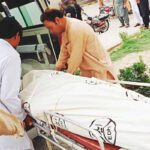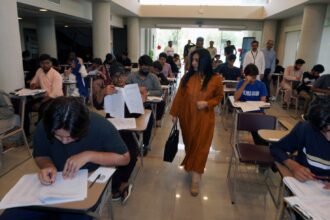The recent statistics given by the national think tanks and job portals in Pakistan indicate that over 30 per cent of university graduates in the country are unemployed. This statistic is an eye-opener indicative of a developing crisis in which higher education is no longer a passport to economic mobility and employment security.
The rate of unemployment among the graduates is much higher than the rate of youth unemployment which is approximately 10 14%. Among the worst hit fields include engineering, computer science and agriculture. The rate of joblessness among the engineering graduates is above 23 percent and in agriculture it reaches almost 29 percent. Women are impacted unfairly- over 30 percent of female graduates are jobless, almost four times higher than the rate of men counterparts.
Analysts believe this crisis has been brewed by an increasing gap between university curricula and the market requirements. The majority of degree programs focus on theory and rote learning that makes graduates unsuitable and unready to dive into practical and skill-oriented jobs. Adding to the problem is the unstructured internships, career guidance and industry partnership.
The labor market has further been tightened by the economic downturn, slow rate of job creation and inflation. Most graduates are forced to take up odd jobs or freelance projects which do not offer job security or a future career path. The condition is further challenging young professionals to pursue opportunities in foreign countries to enhance brain drain.
There are plans of reform, such as the HEC Vision 2025 and several skill-development plans, but little has been actualized so far. Unless there are some immediate policy changes that would close the education-employment gap, Pakistan will end up having a highly educated and economically adrift generation.














